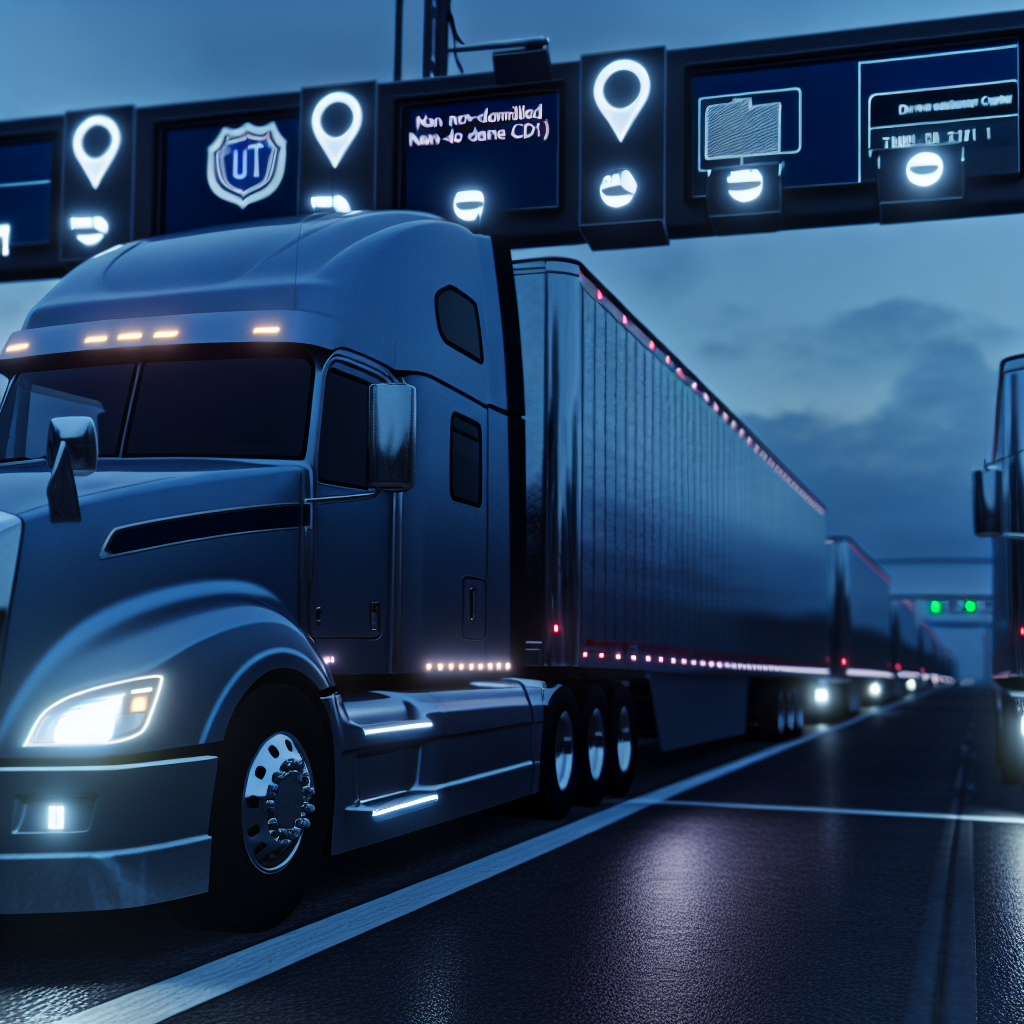The U.S. Department of Transportation on Friday, September 26, issued an emergency interim final rule sharply tightening who can obtain or renew a non-domiciled commercial driver’s license, citing a nationwide audit and a spate of fatal crashes involving foreign-domiciled drivers. The rule takes effect immediately and orders states to halt questionable issuances while they align with the new federal requirements, according to DOT and FMCSA announcements.
Under the changes, states must verify immigration status before issuing or renewing a CDL and limit eligibility to narrowly defined categories of noncitizens. Drivers on H‑2A, H‑2B or E‑2 visas can still qualify, and any credential issued under these provisions will last no more than one year or until the visa expires—whichever comes first. The agency also signaled a shift to in‑person annual renewals for non‑domiciled CDLs.
The enforcement bite is immediate. FMCSA launched a direct action against California, saying its program had “systemic” errors in how non‑domiciled CDLs were issued and warning the state it has 30 days to fix problems or risk losing roughly $160 million in federal highway funds. DOT’s audit also flagged irregularities in Colorado, Pennsylvania, South Dakota, Texas and Washington.
Scale of impact: FMCSA tallied about 200,000 non‑domiciled CDL holders and 20,000 non‑domiciled CLP holders. Officials project roughly 194,000 drivers could phase out of eligibility over two years as licenses come up for renewal under the stricter standard—potentially removing as much as 5% of the U.S. commercial driver pool, a shift shippers and carriers will feel in pricing and coverage.
There are important carve‑outs. Drivers licensed and domiciled in Canada or Mexico are not affected due to existing reciprocity agreements that allow them to operate in the U.S. under their home-country CDLs. This exemption keeps cross‑border freight lanes from seizing up while the U.S. tightens oversight on state‑issued non‑domiciled credentials.
Publication in the Federal Register is imminent—the rule could appear as early as Monday, September 29—but FMCSA has emphasized the policy’s immediate effect. Legal and compliance advisers are already telling fleets to prepare for state reviews of existing non‑domiciled CDL records and potential reissuance where credentials do not meet the new standards.
Industry reaction has been swift. The American Trucking Associations backed the push to tighten credentialing, arguing that rules only protect the public if they are consistently enforced by state licensing agencies. At the same time, some in the sector warn that aggressive enforcement could intensify driver availability pressures in certain markets.
Why it matters for carriers: Even if a large, immediate exodus does not materialize, the combination of annual in‑person renewals, stricter eligibility checks and targeted state enforcement introduces friction into hiring and retention for fleets that rely on non‑domiciled drivers—especially in agriculture, port drayage and other immigrant‑heavy segments. Expect tighter lead times on staffing, elevated recruiting costs and more documentation work to validate status ahead of renewals. Shippers should anticipate intermittent capacity gaps on lanes concentrated in states named in the audit.
What to do now: Fleet compliance teams should (1) inventory current drivers with non‑domiciled CDLs and map renewal dates; (2) confirm visa categories align with the new rule; (3) brace for state‑level revalidation requests, particularly in California; and (4) coordinate with customers on contingency plans where a significant share of coverage relies on affected drivers. Trade groups expect a formal comment process to follow publication, but the operational clock has already started.
Bottom line: The administration is prioritizing credential integrity over near‑term labor supply, betting that a tougher gate will improve safety without crippling freight flows. Whether that balance holds will depend on how uniformly states execute the new checks—and how quickly carriers can retool recruiting and route plans to absorb the shock.
Sources: FreightWaves, FMCSA, Reuters, Associated Press, Overdrive, Trucking Dive, American Trucking Associations, TruckingInfo
This article was prepared exclusively for TruckStopInsider.com. Republishing is permitted only with proper credit and a link back to the original source.





